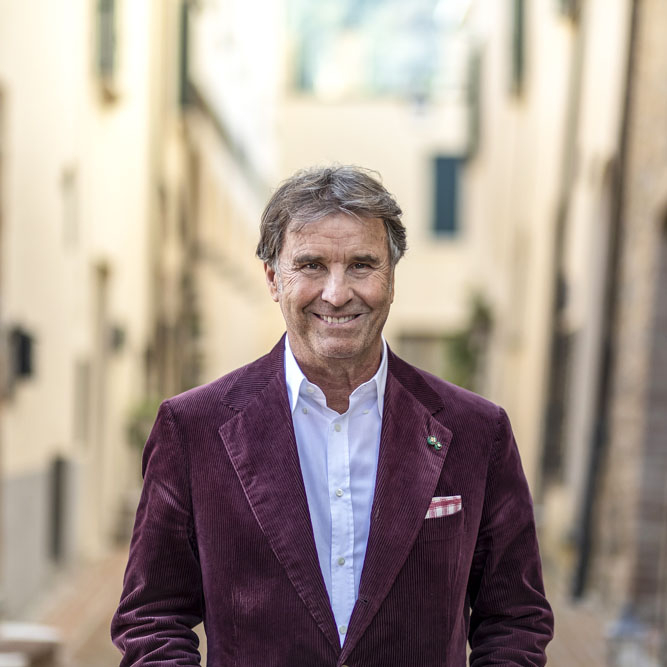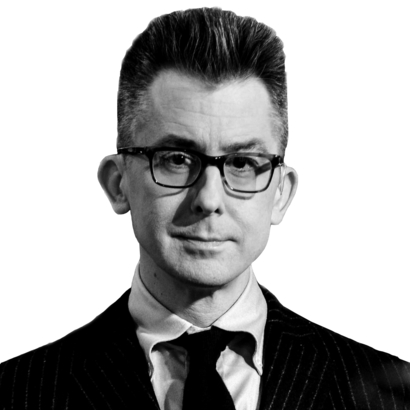Solomeo is a small town in Italy, 90 miles south of Florence, that’s home to about 500 people. Unless you work in fashion, you’ve probably never heard of it, as there’s not much to do there—though it is picturesque—and only one main (but stylish) attraction: it’s the global headquarters of Brunello Cucinelli, the $2 billion global luxury label, where around 1,000 people work. It’s also the home of Cucinelli himself, who was born and raised on a farm just outside the town.
Those who’ve had the good luck to know the 66-year-old Cucinelli treasure conversations with him, because he’s more interested in talking philosophy and the ancients than thread counts and costs per unit. He’s not a garmento so much as a dottore. As Italy reopened, I reached out to him to get some insight on how companies can re-start and wisdom he could share for the months ahead. I should have known that even though I’d be speaking to him via Zoom from a few thousand miles away, I’d still feel his ever present sunny optimism. Part of it was because he knew that he and his town were fortunate. While the virus decimated Milan and the Veneto region, Solomeo saw no fatalities. But he also took a long view of what had happened and would come from it.


